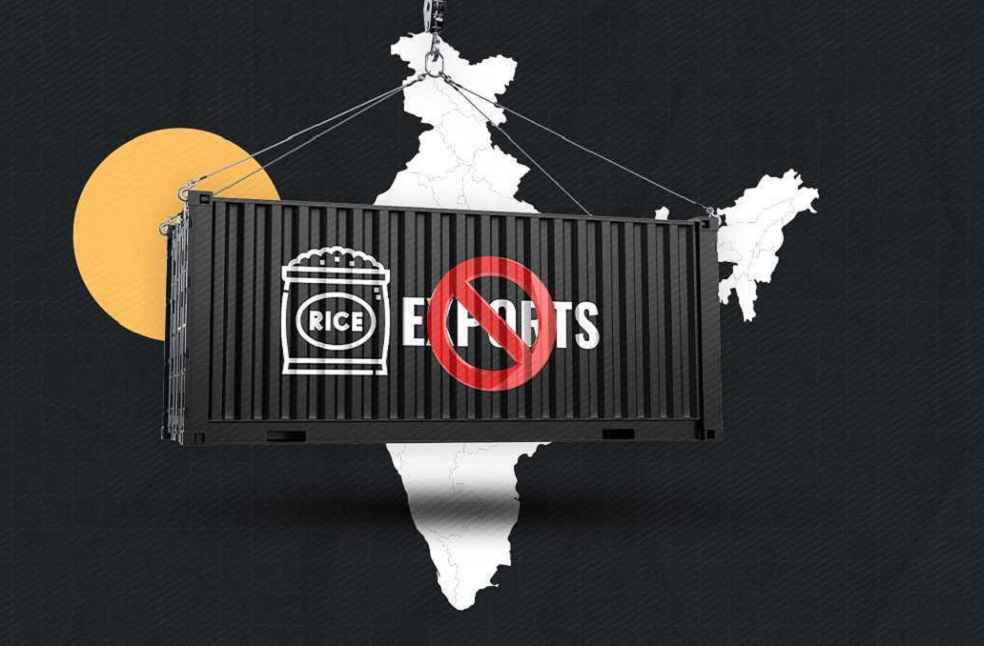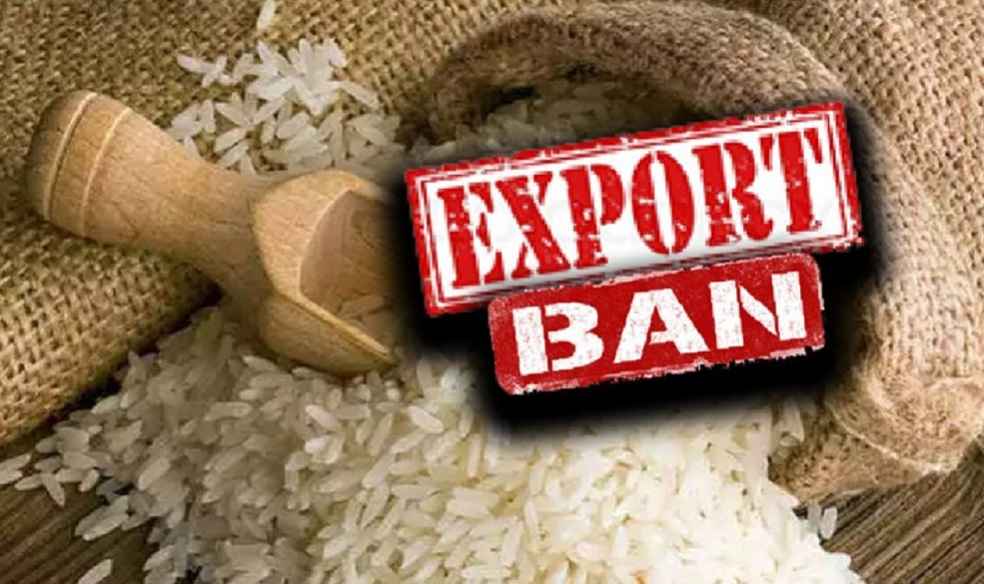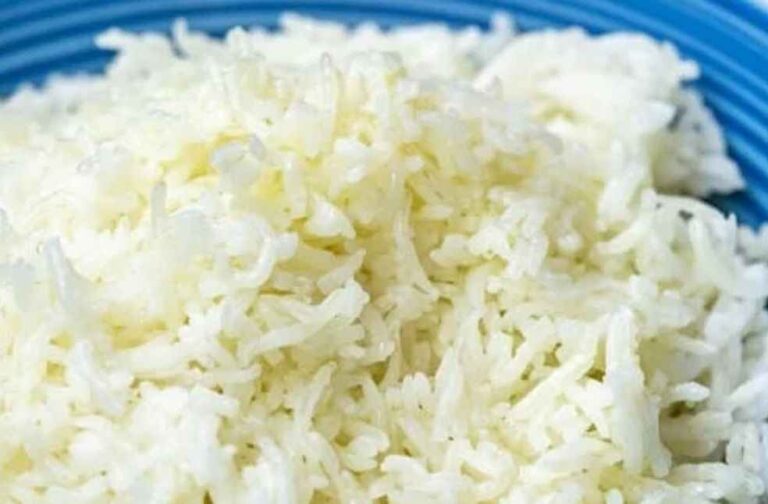India elucidated its position on the rice export ban during a meeting of the World Trade Organisation’s (WTO) Committee on Agriculture held in Geneva on September 27. Responding to apprehensions from the US and other member nations, India described the action as a regulatory safeguard to ensure food sustenance for its expansive population of 1.4 billion amidst worldwide supply chain disturbances, rather than a restrictive action to curtail trade.
This rebuttal materialized after a cadre of nations including the United States articulated concerns regarding the ban’s repercussions on import-reliant countries, especially during the existing tumultuous global landscape marked by the ongoing Russia-Ukraine discord and adverse climate oscillations due to this year’s El Nino phenomenon. They highlighted potential detrimental impacts on nations heavily dependent on rice imports.
Indian officials reiterated the government’s disposition to grant exemptions for countries enduring dire needs, contingent upon requests from their respective governments. Already, exports of non-basmati rice have been sanctioned to Bhutan, UAE, Mauritius, and Singapore through the National Cooperative Exports Ltd (NCEL), aggregating over 200,000 tonnes.

The export ban, promulgated on July 20, aspired to augment domestic supply and stabilize retail prices during the festive epoch. It was emphasized that this move was imperative to thwart private market players from potentially exploiting market conditions, which elucidates why advance notifications were not furnished at the WTO.
“The Government of India has the commitment that in case of food insecure, vulnerable countries and neighboring countries request, it will provide with the required quantity of rice or wheat,” articulated the government official. The transient nature of these measures was also highlighted, with regular reviews poised to make necessary adjustments predicated on the domestic demand and supply dynamics.
The dialogue at the WTO mirrored broader global concerns as India is a colossal player in the international rice market, accounting for over 40% of global rice exports. Representatives from Japan, Australia, Brazil, Canada, the European Union, New Zealand, Switzerland, Thailand, the UK, and the US further pondered on the potential ramifications of the export ban on the global food market.

As food security burgeons into an escalating global concern amidst ongoing geopolitical frictions and climate adversities, the discussion around India’s rice export ban underscores the delicate equipoise between national food security and international food supply chains. The reverberations from the WTO meeting could sculpt precedents for how nations address food security whilst navigating international trade commitments amid a rapidly evolving global scenario.
GLOBAL ROUNDUP | WTO Talks: Shaping Future Trade, Industrial Policies Globally



